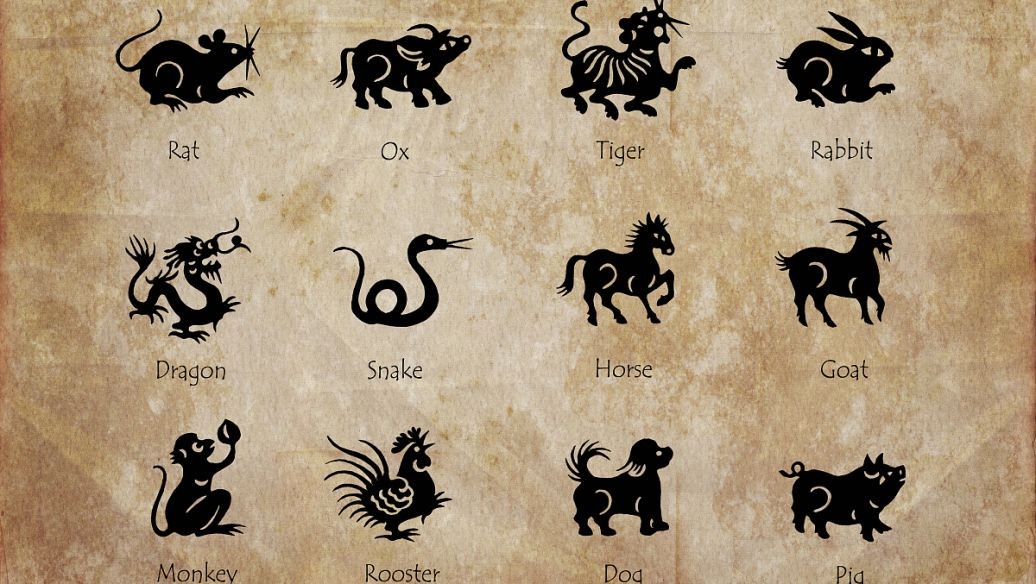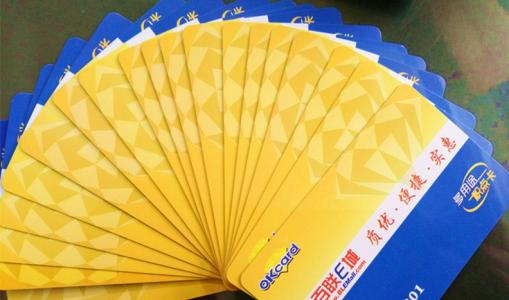所有时态的被动语态的结构
的有关信息介绍如下:
. 被动语态的基本时态变化 被动语态由“be+及物动词的过去分词”构成,be随时态的变化而变化。以do为例,各种时态的被动语态形式为:1) am/is/are +done (过去分词) 一般现在时Visitors are requested not to touch the exhibits. 2)was/were done 一般过去时I was given ten minutes to decide whether I should reject the offer.进行时态的被动语态加being 3) am/is /are being done 现在进行时A new cinema is being built here.4) was/were being done 过去进行时A meeting was being held when I was there.完成时的被动语态加been 5) has /have been done 现在完成时All the preparations for the task have been completed, and we're ready to start.6) had been done 过去完成时By the end of last year, another new gymnasium had been completed in Beijing.将来时的被动语态加be7) shall/will be done 一般将来时Hundreds of jobs will be lost if the factory closes.8) should/would be done 过去将来时The news would be sent to the soldier's mother as soon as it arrived.9) be going to do 一般将来时----be going to be done The problem is going to be discussed at the meeting . 10) be to do 一般将来时--- be to be done The meeting is to be held on the 10th of October . 11) will be doing 将来进行时------will be being done You will be doing the experiment here at this time next Monday.下周一的这个时候,你正在这儿做实验。----The experiment will be being done here at this time next Monday.12) shall/will have been done 将来完成时(少用)The project will have been completed before July.13) have / has been doing 现在完成进行时---- have / has been being doneOur teacher has been teaching this lesson for three weeks. 我们老师一直在教这一课已有三周了。-----This lesson has been being taught for three weeks. 14) should/would have been done 过去将来完成时(少用)He told me that his new clothes would have been made very soon.应用到各种时态和句型如下: ① 一般式(一般现在,一般过去,一般将来):am, is, are, was, were, is going to be , will be+done.ie. Once environmental damage is done, it takes many years for the system to recover. 本句的意思是:“环境一旦遭到破坏,需要多年时间才能恢复过来。”do作为及物动词有“引起,产生”的含义,do damage的意思是“造成破坏”。主语damage是及物动词do的动作对象,谓语应当用被动语态。同样的,还有,I will mend the machine.相当于The machine will be mended (by me). ② 进行时(现在进行、过去进行、将来进行):be+being+P.P. ie.The classroom is being cleaned. ③ 完成时(现在完成、过去完成、将来完成):have/has been + P.P.:例如The machine will have been repaired by 3 o’clock this afternoon.再如:My homework has been finished. ④ 其他时态依词类推,可得到结果。 ⑤ 情态动词的被动语态:主语 + 情态动词 + be动词 + 动词过去分词,例如Your teeth must be brushed. ⑥ 不定式的被动语态:to be done例:The no-shows have to be considered when deciding the rate of overbooking.(确定超过接待能力的预定时必须考虑预定了房间却来不了的客人。) Ⅱ、主动语态变为被动的几个特殊情况 ① 有些动词在主动结构中,后面接不带to的不定式,但如果改为被动,则需把省略的to加上,这类动词有hear, watch, make, help, let等,如:The boss made my grandfather work 10hours a day.改成My grandfather was made to work for 10 hours a day. ② 含有宾语从句的主动结构变为被动,通常用it作为被动结构的先行主语,从句放在句子后面/也可采用另一种形式,这类动词有:know, say, believe, find, think, report等 ③ 是所有的主动句都可以变换成被动句,更不是所有的被动句都可以自由变换成主动句。虽然语法原则上允许主动和被动句的互相转换,但有的句子转换后会变成不通顺或不地道的英语句子。因此,在某些题目里,这也成为判断应该用主动还是用被动的依据。 例:At 5:05 p.m. on Saturday 19th July , there was an accident at the junction of the Main Street and Panda Road when a boy was knocked down off his bicycle by a delivery van. The boy was sent to St. Maria Hospital where he was treated for shock and a broken arm. 在这段文章里,a boy was knocked down off his bicycle by a delivery van这句被动句强调出读到文章的人最关心的事故的受害者。The boy was sent to St. Maria Hospital这句话则说明了孩子被送到医院的事实,至于是由谁(某个过路人?或肇事司机?)送的不重要。he was treated for shock and a broken arm这句被动句无须说出treat这个动作的发出者,因为在医院,伤病员自然由医务人员处理,无须罗嗦。这样,这段文章就重点突出,条理清楚了。 ④ 有些动词可以有两个宾语,在用于被动结构时,可以把主动结构中的一个宾语变为主语,另一个宾语仍然保留在谓语后面。多是把间接宾语变为主语。这样句子自然些。直接宾语变为主语时,间接宾语要变为某个介词的宾语,介词to可以省略。如His father left him this house.改为This house was left (to) him by his father. ⑤ 有些动词虽为及物,但宾语并非是动作承受者,不能转换,这些动词有have, hold(容纳),suit, fit, lack, become(适合)contain, cost, last, mean, suffice(足够)等。 ⑥ 当直接宾语为反身代词、相互代词或宾语前有指代主语的物主代词时不用被动,如I shook my head.我摇摇头。 ⑦ 当宾语为同源宾语(与主句指同一人),动名词,动词不定式或一个从句时不用被动。如John enjoyed seeing the fil,. ⑧ 在一些固定说法中,有些名词和动词结合的固定说法,不能改We Chinese always keep our word. ⑨ 某些从不及物动词转化来的及物动词,直接宾语在表示动作的方式或效果时,这些动词在意思上起状语的作用,没有被动The girl kissed her boyfriend good night=The girl said good night to her boyfriend by kissing him. ⑩ 表地点\处所\组织\长度\大小\数量\程度\抽象名词的词做宾语时不用被动. ⑪ 某些“不及物动词+介词”短语,walk into, listen to, sleep in, agree with, shake hands with, belong to, take part in, keep up with不能用被动。 ⑫ 某些词用主动表被动:sell, miss, build, grow, look, smell, taste, sound, feel等





















